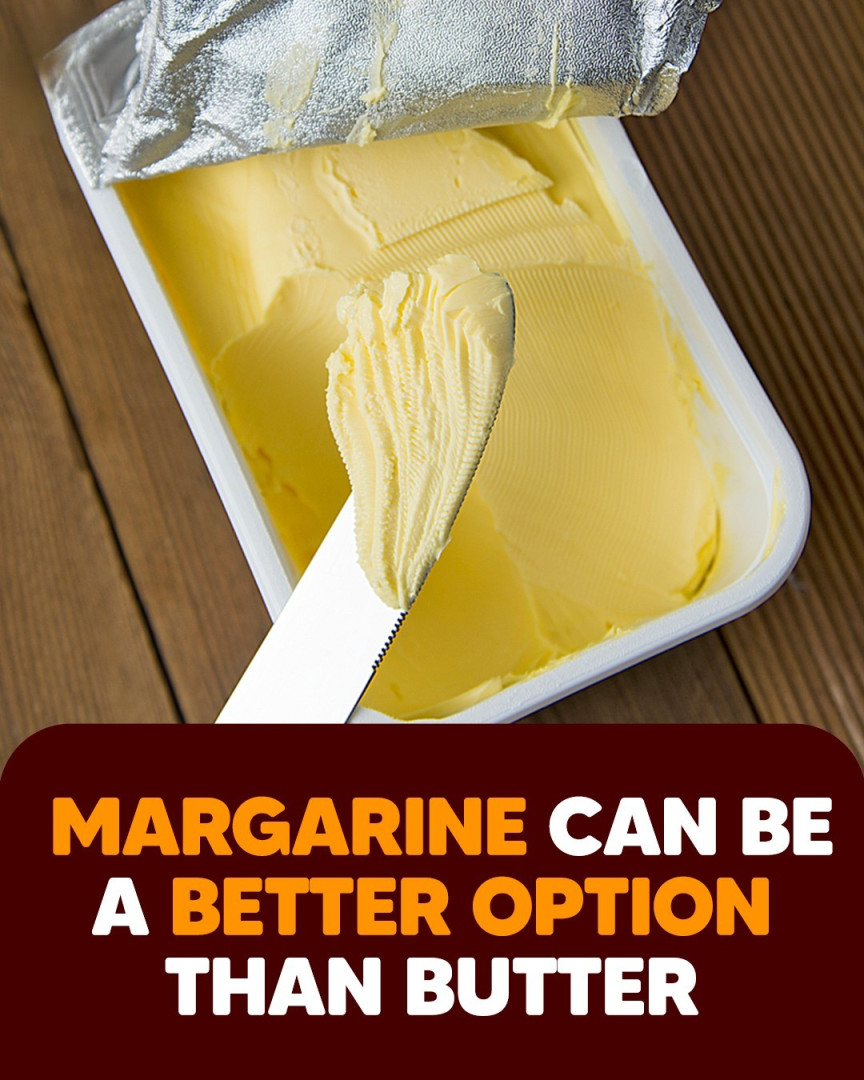ADVERTISEMENT
Sure! Here’s an article on Butter vs. Margarine: What’s the Healthier Spread?
Butter vs. Margarine: What’s the Healthier Spread?
Choosing between butter and margarine is a classic kitchen debate that often leaves health-conscious consumers scratching their heads. Both are popular spreads used on toast, in baking, and cooking, but which one is truly healthier? Let’s break down the differences, nutritional profiles, and health impacts to help you make an informed choice.
What Are Butter and Margarine?
Butter is a natural dairy product made by churning cream. It contains saturated fats, cholesterol, and fat-soluble vitamins such as A, D, E, and K.
Margarine was developed as a substitute for butter and is typically made from vegetable oils. It undergoes a process called hydrogenation to solidify the oils, which can create trans fats unless labeled as trans-fat free.
Nutritional Comparison
| Nutrient | Butter (per tbsp) | Margarine (per tbsp) |
|---|---|---|
| Calories | ~100 | ~70-100 |
| Total Fat | 11g | 8-11g |
| Saturated Fat | 7g | 1-2g |
| Trans Fat | 0g | 0-2g (varies by brand) |
| Cholesterol | 30mg | 0mg |
| Vitamins | A, D, E, K | Often fortified with vitamins |
The Good and Bad
- Butter contains saturated fats, which have been traditionally linked to heart disease. However, recent research suggests that the impact of saturated fats may be more nuanced. Butter also contains cholesterol, but dietary cholesterol’s effect on blood cholesterol is less significant for most people.
- Margarine can be lower in saturated fat and cholesterol-free, making it attractive to heart-conscious individuals. However, many margarines contain trans fats, which are known to increase bad cholesterol (LDL) and lower good cholesterol (HDL), raising the risk of heart disease. Always check labels for “trans-fat free” or “non-hydrogenated” margarine.
Which One is Healthier?
- Heart Health: If you choose margarine, opt for soft, non-hydrogenated varieties rich in unsaturated fats (like those made from olive, canola, or sunflower oils). Avoid stick margarines that contain trans fats.
- Natural vs. Processed: Butter is less processed but higher in saturated fat. Margarine is processed but can be made from healthier oils.
